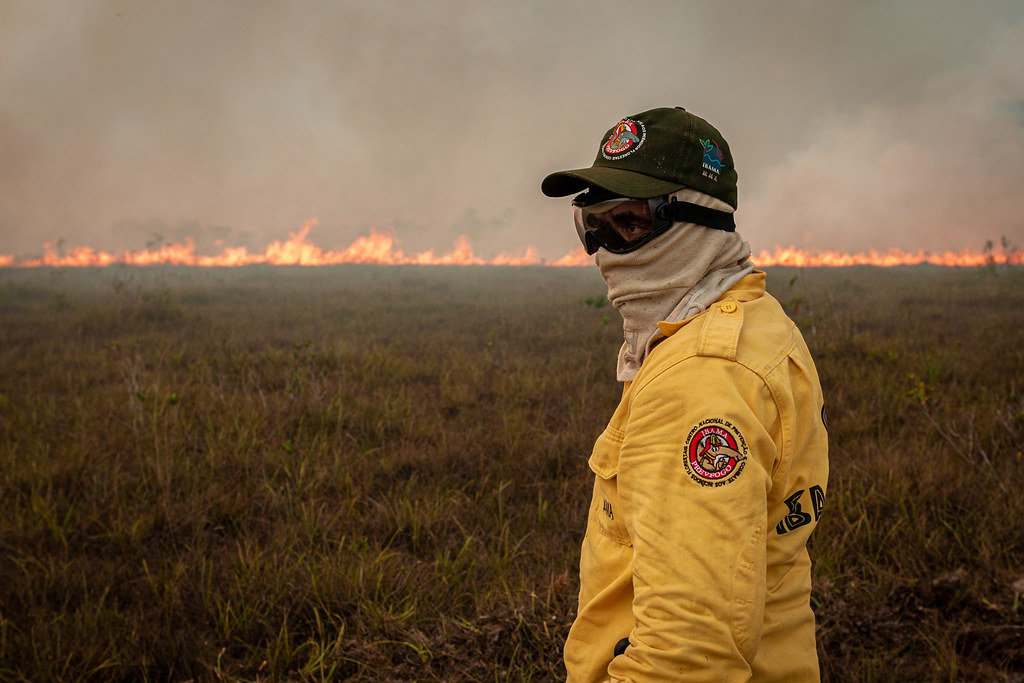With the substantial increase in deforestation in the Amazon from 2019 onwards, federal and state governments in the region began defending land tenure regularization as the best strategy for identifying and punishing those responsible for the destruction of the forest. However, contrary to common sense, regularizing newly occupied and deforested lands will be a reward for deforesters, in addition to reinforcing a cycle of land grabbing in the region, in which public land is invaded, followed by deforestation, amnesty for illegal occupation, and land titling. This work is part of Amazônia 2030 (AMZ 2030) and analyzes evidence that supporting current forms of titling private occupations on public land or changing the law to facilitate regularization of recently deforested areas will have the opposite effect to what is sought: more invasion of public land and further deforestation in the future.
It is estimated that an area equivalent to 29% of the Amazon (1.43 million km2), currently without information on land use, may be the target of the continuing process of land grabbing and deforestation, which generates conflicts and drives away quality investments for development in the region.
In fact, the fight against deforestation must become one of the guiding premises of land policies implemented in the Amazon, if Brazil intends to comply with the commitments to reduce greenhouse gas emissions presented under the Paris Agreement.
But for this to happen, it is necessary to eliminate incentives that encourage land grabbing and forest destruction from the legislation.
In this study, we identified six of these perverse incentives present in federal and state land tenure rules, caused by legal loopholes or vacuums.





